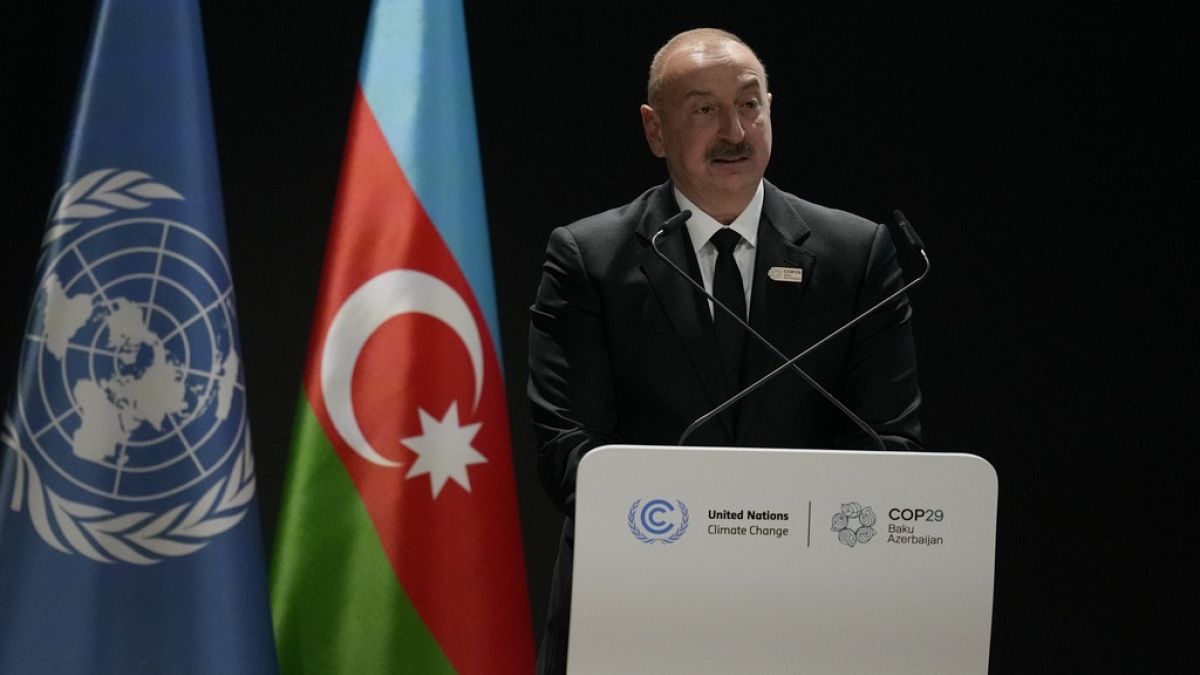A super-sized interest rate cut by the Reserve Bank looks increasingly certain this week as economists and financial markets push for a quicker reduction in borrowing costs.
The Reserve Bank started the easing cycle in August with a 25 basis point cut to 5.25%, the first rate cut in four years, with a signal of further cuts over the next two years.
A Reuters poll of 28 economists shows 60% expect a 50 basis point cut, while financial markets are almost certain it will be the case.
Westpac chief economist Kelly Eckhold favours the majority view.
“It’s a pretty significant step up on the pace, but we think it’s quite well justified by the confidence in the inflation outlook,” he said.
“It looks now like you can be fairly sure that the CPI [consumer price index] will be printing at pretty close to a 2% level in the next three to six months.”
A 50 basis point cut will move the cash rate to 4.75%, the lowest level since March 2023.
But as the poll suggests, not all experts are sure about a big rate cut, as the remaining 11 economists expect a 25 basis point reduction.
All the major banks — ANZ, ASB, BNZ, Kiwibank and Westpac — are picking a 50 basis point cut this week and at the final meeting of the year in late November.
The Institute of Economic Research’s principal economist Christina Leung is among those favouring a 25 basis point cut.
Her comments come as business sentiment improves in various surveys, including the institute’s own Quarterly Survey of Business Opinion, which is closely watched by the Reserve Bank.
“In the sense that from this recent move with the OCR cut, we’ve already seen such a strong rebound in terms of expectations for the coming months for activity,” Leung said.
“We believe that there is still the case to be more conservative and cautious in terms of assessing the impact of the easing that it’s done to date and thinking about the pace of further easing ahead.”
Economy needs help — now
Kiwibank senior economist Mary Jo Vergara said the economy needed rate relief urgently.
“Interest rates as they are now, the cash rate as it is now, is too restrictive. Policy settings are too restrictive.
“There’s no need for this sort of choke hold to be on economic growth anymore. We need that rate relief.”
The economy has teetered between anaemic growth and modest contractions for the best part of two years, with the Reserve Bank’s anti-inflation weapon of high interest rates hitting house prices, company profits, consumer spending, and increasingly the jobs market.
Economists argue that a slow reduction in the OCR risks inflicting further damage on the economy.
The Reserve Bank’s decision will be released on Wednesday afternoon.
By Anan Zaki of rnz.co.nz











